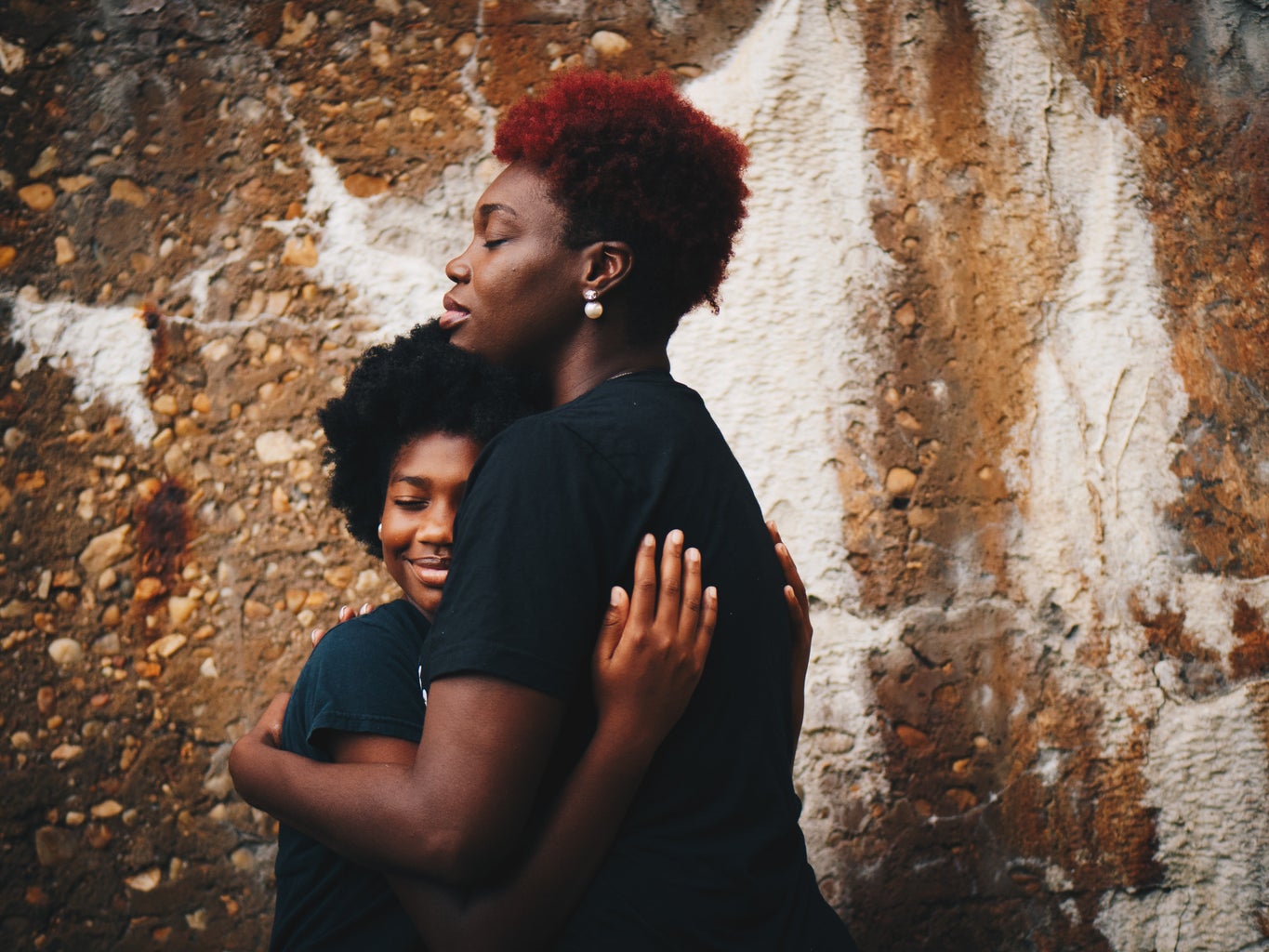I have lived what many would call a very privileged life. My parents have set me up for success in many ways by teaching me financial responsibility, providing me with a good education, instilling strong values in me and forcing me to be independent even when I was at home. They always pushed me to be the best person I could be. But was it too much?
Ever since my junior year of high school— when I got my driver’s license and my mom’s car— my parents pushed me to take care of myself as much as possible. No more “Daddy could you do this for me?” or “Mommy can you buy this for me?” and more of “No kid, do it on your own” and “No you have your own money so budget and buy it yourself.” My parents paid for my car insurance but paying for gas and any tickets I got was all on me. I was lucky that my parents gave me a monthly allowance but unlucky that I had been gifted such a gas guzzler that sucked up all my money. With only pennies left in my bank account at the end of each month, all I wanted was some help from my parents so I could get boba or go for a drive without worrying. Instead, I was met with the cold shoulder. I know they did this to teach me a lesson in money management, and eventually I was able to save and earn more money with a job and pay for things I wanted with more ease. But, sometimes I wonder if they were too hard on me.
Many people argue that it is physically not possible to be grateful and unhappy at the same time. Psychologist Dan Baker writes that “During appreciation, the threatening messages from your amygdala [fear center of the brain] are cut off, suddenly and surely … It is a fact of neurology that the brain cannot be in a state of appreciation and a state of fear at the same time. The two states may alternate, but are mutually exclusive.” Other studies have shown that practicing a sense of gratitude can replace feelings of sadness and unhappiness to promote optimism and happiness. However, in my experience, it is possible to be simultaneously appreciative and frustrated.
In high school, I wanted a pair of Adidas Ultra Boost sneakers that retailed for $180. This was a lot of money for me to spend, especially considering I’d grown up buying all my shoes from Payless. Over the summer I asked my dad if he’d buy me these sneakers since I had wanted them for almost two years and he replied with “No you have your own money. Budget and buy it yourself.” I pleaded with him asking for him to get me just this one thing and he told me that if I asked for it during Christmas, I would get it. Yet, when Christmas came, there were no Ultra Boosts under the tree. I was disappointed to say the least. Now you might think of me as a hypocrite since I sound so spoiled, but don’t be mistaken. I recognize that I am extremely privileged. My gratitude for my parents and everything they’ve given me is insurmountable, yet I always find myself wondering if there is something wrong with me— am I not thankful enough because I experience sadness that my parents didn’t get me the one thing I wanted?
Nonetheless, the question remains: can you be grateful and disappointed at the same time? To better answer this question, it is important to first understand what defines gratitude. In a UC Berkeley paper, Robert Emmons and Michael McCullough define gratitude as a two-step process: “1) Recognizing that one has obtained a positive outcome and 2) recognizing that there is an external source for this positive outcome.” By this definition, it seems plausible to hold other contradicting emotions while being appreciative.
Gratitude is a cognitive recognition rather than an emotion. You have received something beyond subsistence living, but there is still that part of you that wants something more. This is where feelings of unhappiness and frustration can come into play, creating a conflict between reason and desire— reason being the act of showing gratitude and desire being the frustration of wanting more. We are not made up solely of intellect and reason. We have desires that make us human, but unfortunately these can be a source of frustration when they are not fulfilled.We are always told from an early age that we should be thankful, almost as a mandate rather than a choice. As psychotherapist Christy O’Shoney points out, although these statements are made with no ill intention, they can often limit emotional space: “We have been taught to use gratitude as a substitute for ‘negative’ feelings.” Because of this “We believe that gratitude can’t possibly coexist with other feelings. We also might start to think that it’s shameful to feel or to express anything besides gratitude.” We have been raised to believe that we are not supposed to be grateful and unhappy. It’s as if the positive thoughts and emotions are supposed to eclipse the negative feelings, but we can’t fail to realize that eclipsing is just covering them up rather than making them disappear.
Not only is the conflict between gratitude and unhappiness evident in trivial situations, such as mine, but it also has implications for people suffering with depression. You could be going through months of a depressive cycle and still have good days. In the words of Therese J. Borchard, “Expressing the anguish of depression doesn’t mean I’m not grateful. The love I have for my husband and my kids can’t and won’t stop the pain of depression… Good and healthy relationships are certainly buffers against depression and anxiety and can aid us in our recovery. But gratitude and appreciation can’t interrupt my mood disorder any more than they can relieve the pain of arthritis.” Contrary to her anecdotal evidence, research published in The Journal of Positive Psychology shows that “Gratitude has been found to be related to decreased depression, increases in positive affect, perceived meaning in life, and life satisfaction.” It even outlines a number of theoretical reasons why gratitude might counteract depression. Amongst these include the idea that gratitude could amplify an individual’s enjoyment of pleasant activities or help people become more aware of happy events in their lives.
Whether you are combating depression or begging your parents for a new pair of sneakers, the interplay between gratitude and frustration can affect us all. In my case, I can be both grateful for what my parents have given me and frustrated by what they haven’t delivered in other aspects.
Nevertheless, many seem to think that by expressing unhappiness you are completely ignoring acts that warrant gratefulness. But isn’t it a little reductive to think that gratitude and frustration cannot exist simultaneously?
Want to keep up with HCBU? Make sure to like us on Facebook, follow us on Instagram, check out our Pinterest board, and read our latest Tweets!





